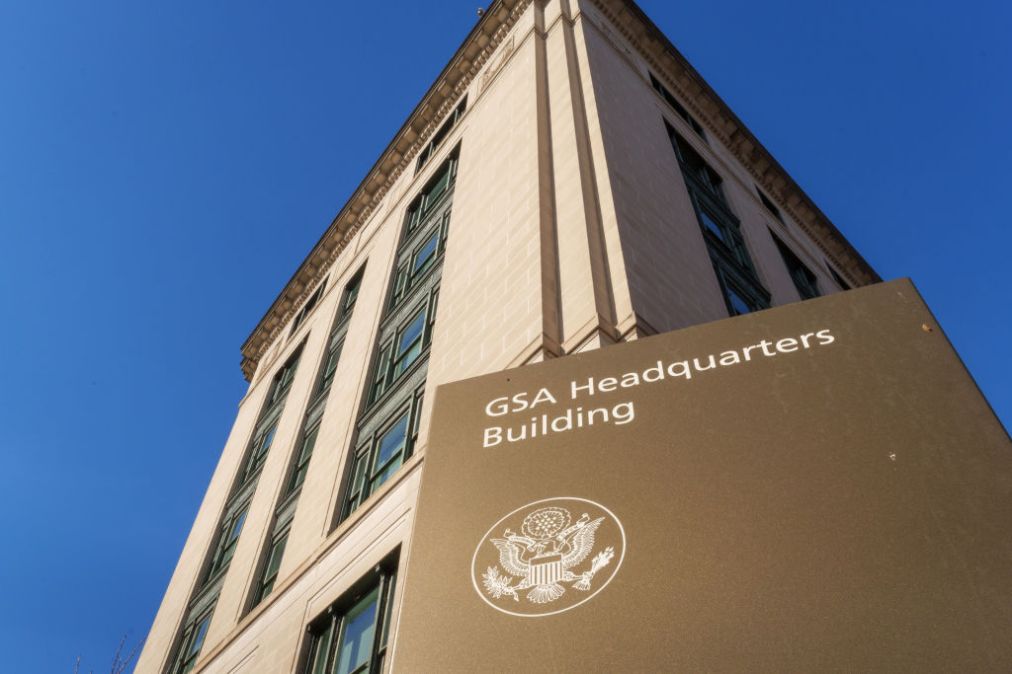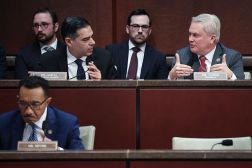GSA changes TMF repayment model with ‘longevity’ in mind

The Technology Modernization Fund is shifting its funding model to prioritize the full repayment of new “high-impact” investments across the federal government, the General Services Administration said Friday.
GSA’s press release said the “strategic” change would provide a “streamlined path to modernization” for agencies by “combining upfront capital with specialized advisory services.” The agency said this “enhanced payment model” was pursued with strengthened longevity for projects in mind.
“By ensuring full repayment of our investments, the TMF sends a clear message to federal agencies: focus on high-impact, high-return modernization efforts,” acting GSA Administrator Stephen Ehikian said in the release. “These investments not only replace outdated systems but also streamline critical operations ultimately improving services for government employees and delivering greater value to taxpayers.”
The revamped funding model will scrap finance and IT silos and instead incentivize agencies to collaborate on typical challenges, a move that GSA believes will help reduce duplicate spending and create “shared solutions that benefit the entire federal enterprise.”
An increase in shared services across the federal government has been a top priority for federal IT leaders for years. During a House Oversight Subcommittee on Cybersecurity, Information Technology, and Government Innovation hearing this week, three IT officials from the first Trump administration — Maria Roat, Margie Graves and Suzette Kent — highlighted success stories with TMF and shared services, extolling their cost-savings benefits.
“I believe we are at another inflection point where there is even more opportunity to take the next step in IT modernization by examining the federal government through an enterprise portfolio lens,” said Roat, former deputy federal chief information officer.
At the FedScoop Federal Forum in March, Kent, a former federal CIO, said the government had “taken some baby steps” away from siloed agency tech initiatives, but a greater shift was needed.
“We had some fallacies in how we approached it before, and that we tried to justify things down to the detailed level of every single agency and every single silo, instead of thinking like an enterprise,” Kent said. “The North Star is the enterprise — not like Star Trek, but thinking about it in that way. How do we do it holistically? That’s how we bring efficiency.”
Efficiency wasn’t explicitly mentioned in the GSA’s announcement Friday, but it was nodded to in just about every comment and bit of rationale for the change in repayments. Jessie Posilkin, TMF’s acting executive director, said the adjustment will enable GSA to keep the funding mechanism going “for years to come.”
“Strengthening our repayment structure means we can expand our impact across more agencies while remaining good stewards of taxpayer dollars,” Posilkin said.
Agencies that request TMF funding, meanwhile, will still be provided with flexible repayment schedules that are customized to best fit their specific projects, per the GSA. The agency said there will now be “an emphasis on developing plans that prioritize full repayment whenever possible.”
“Our digital infrastructure is fundamental to everything the government does,” said Gregory Barbaccia, federal CIO and TMF board chair. “This shift transforms a finite appropriation to an enduring fixture of our modernization strategy, creating lasting institutional capacity to address technology debt.”






